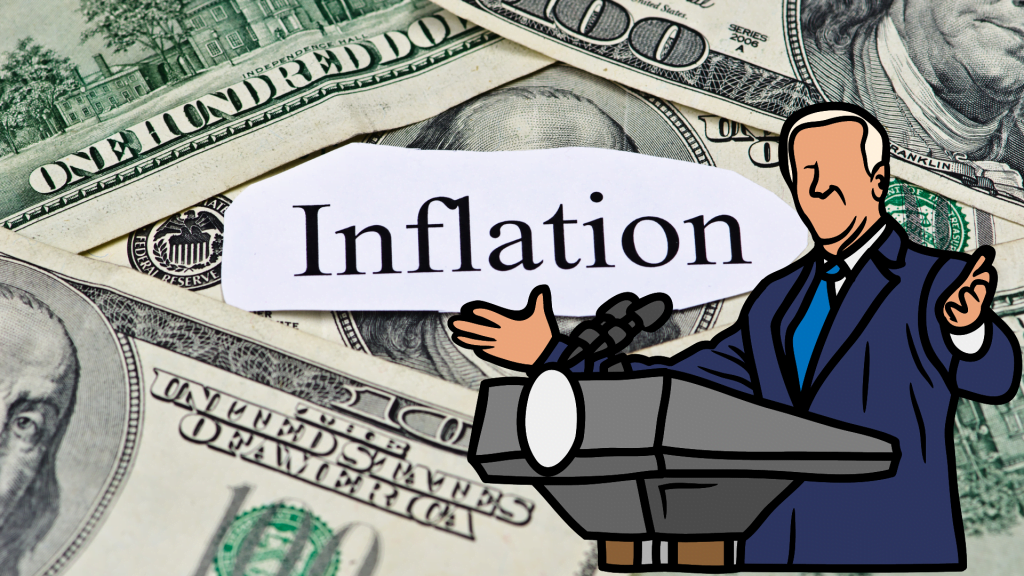
The United States Senate reached a tie vote of 50 Yeas and 50 Nays on the Democrat-backed Inflation Reduction Act, which gave vice president Kamala Harris the split vote on the matter. Harris voted in favor of the Act passing it through the Senate.
The Inflation Reduction Act consists of a $740B stimulus, of which $369B is allocated towards improving energy security and fighting climate change.
Harris claims that this bill will help families in need.
Politics aside, let’s take a deeper look at the economic ramifications of this bill:
-Fed printing $740B in a time of high inflation is like pouring gasoline on an already lit fire. No one denies that giving out stimulus checks is a short-term remedy for inflation. Having said that, printing more money creates inflation which in this case does more harm than good. Each dollar the state gives will most likely be paid back by the taxpayer several times. Why, do you ask? It’s because the government is inherently inefficient, no matter what political party rules it.
-Government is increasing taxes on middle-class income citizens to “pay” for fighting climate change and to fund the IRS expansion to tax them even more. It is estimated that almost 25% of people earning up to $20k, 62% of people earning between $40-$50k, 91% of people earning $75-$100k, and around 97% of people earning $100-$200k a year would see a tax increase.
-Government plans to add 87,000 new IRS agents, doubling the agency’s size by allocating nearly $80B from the bill as 10-year funding.
To summarize, the Inflation Reduction bill will most likely temporarily ease inflation pressures on low-income citizens in the short term while adversely affecting them in the long term.


